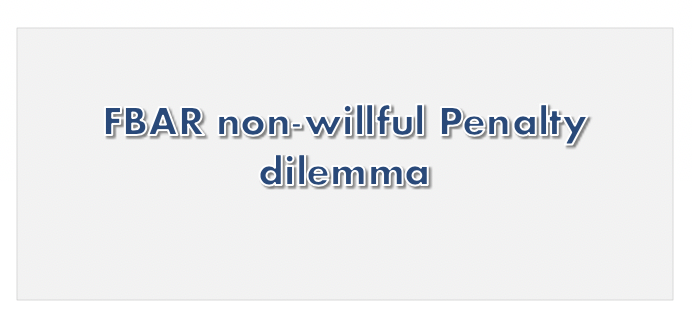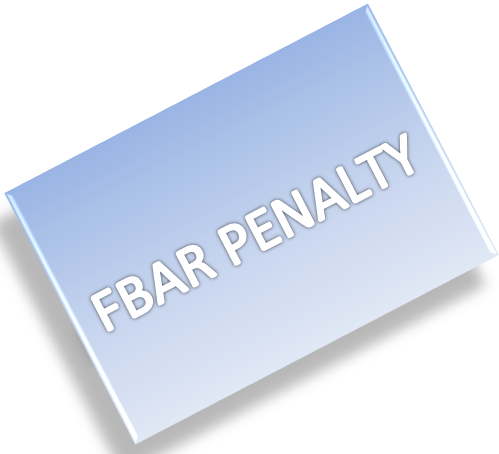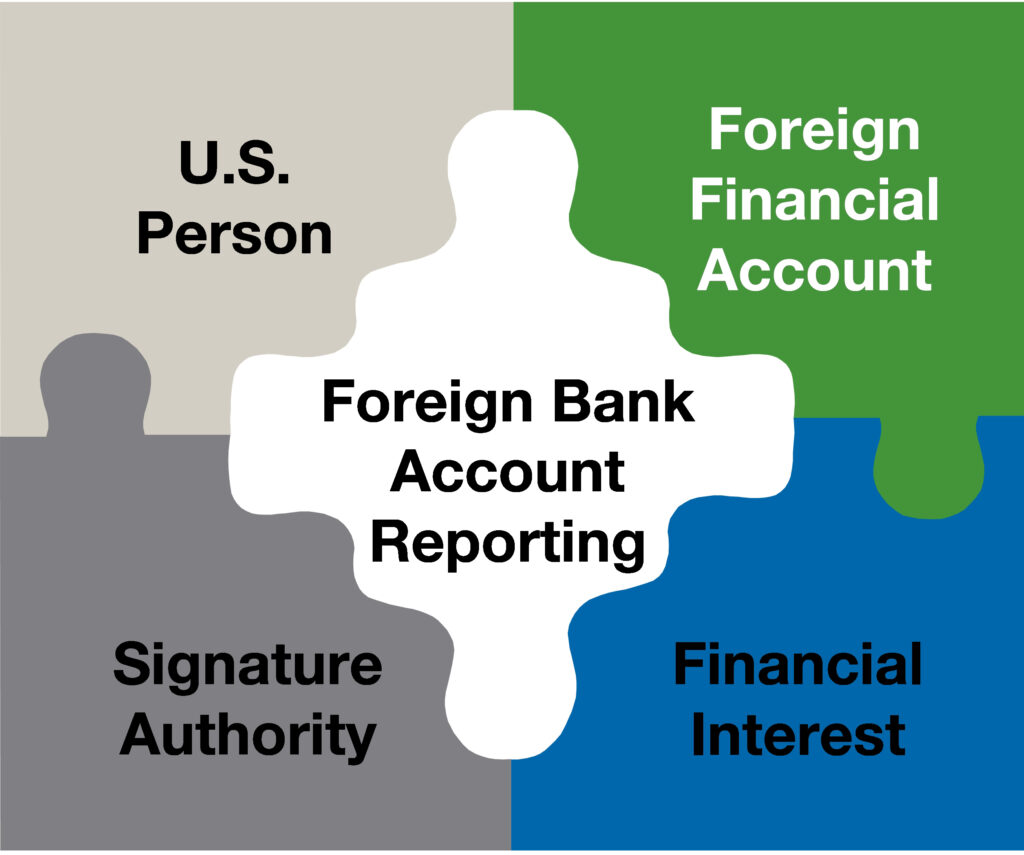willful failure to file
willful failure to file

Courts Split on FBAR non-willful Penalty
Should FBAR non-willful penalty be charged per form or per account? The Courts have recently…

Willful FBAR Penalty Moving Towards a Strict Liability Standard
Assessment of the “willful” FBAR penalty Courts have sustained FBAR penalties by reference to case…

DOJ Announces Indictment of Taxpayer for Filing False Non-Willful Certification Under the Federal Streamlined Procedures
Case Background On August 27, 2019 the Department of Justice (DOJ) announced a superseding indictment…

The Willful FBAR Penalty: Is it Limited to $100,000? Not so Fast.
Assessment of FBAR penalty Some practitioners have applauded the decision in United States v. Colliot,…

New Developments in The Willful Civil FBAR Penalty
Current Developments May Make It Easier For the IRS To Assess Penalties After Willfully Failing…